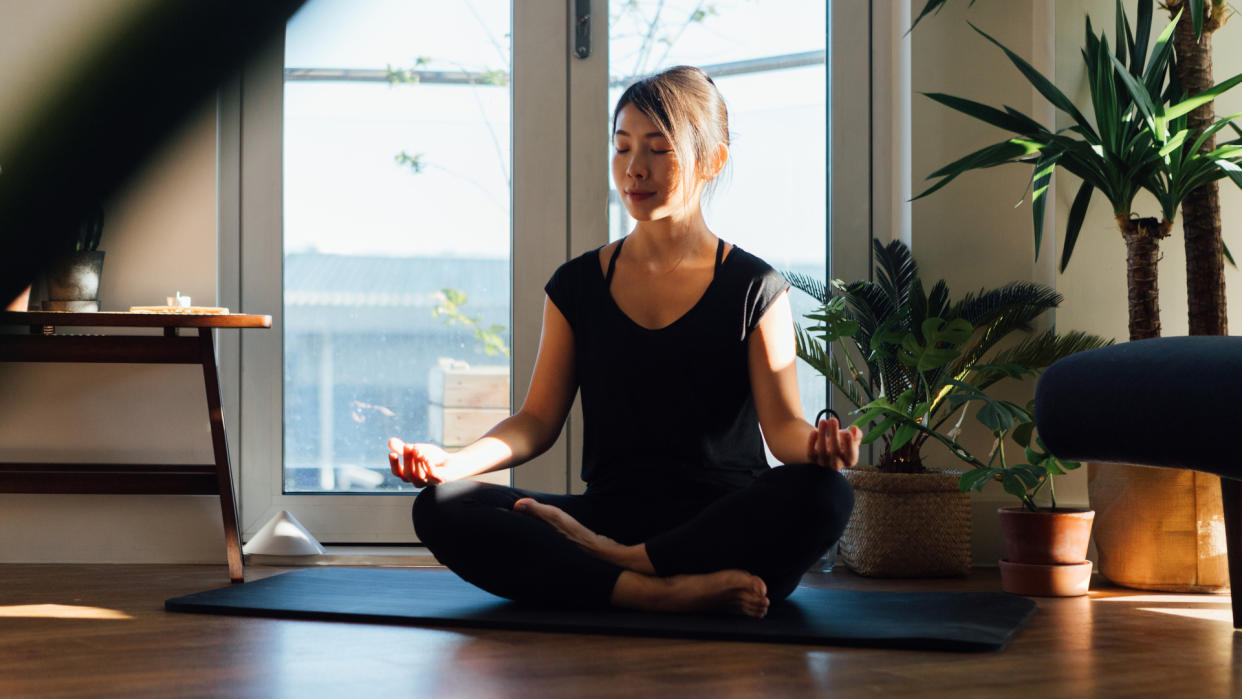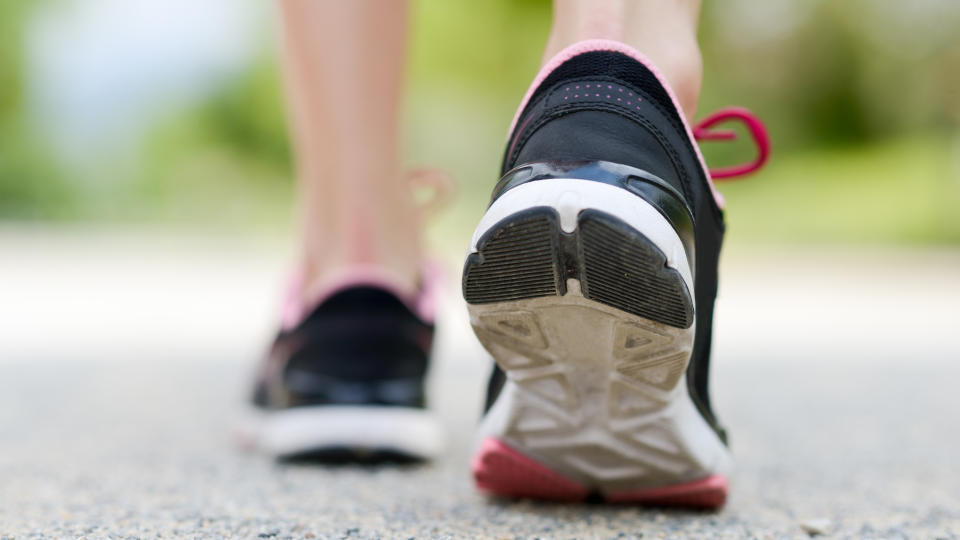These are the 3 best types of exercise to combat depression, according to new research

Lots of studies have emerged in recent years detailing the benefits of exercise in combatting depression, with green exercise touted as an important boost for mental health. Now, new research has finally zeroed in on exactly which types of exercise are best – and it's good news for almost everyone, regardless of income or lifestyle.
According to official estimates, major depression affects more that eight percent of Americans each year and a systematic review of randomized controlled trials published last month in the British Medical Journal identifies walking, running and yoga as the three top forms of exercise for battling the blues. The authors of the research suggest that these activities be considered as "core treatments" for depression, alongside standard interventions.
To come to these conclusions, researchers reviewed 218 studies with a combined total of over 14,000 participants with depression and concluded that the effects of exercise were comparable to psychotherapy and pharmacotherapy in treating depression. Also noted as effective were strength training, mixed aerobic exercise and Tai Chi. The research shows that exercise is effective regardless of other health conditions and severity of depression.

Furthermore, they found that exercise works better the more intense it is, so it may be worthwhile switching out your hiking boots for trail running shoes once in a while, trying out some steeper trails or picking up the pace. However, frequency and duration of workouts didn't seem to make a difference, so don't feel that you have to sign up for an ultra marathon to see the benefits.
The authors note that while their research suggests correlation between exercise and depression, it doesn't prove causation. However they note that despite some social barriers, activities like walking and jogging carry relatively few costs, side effects or time commitments. Of course, they can also be combined with other activities, such as running to work or walking while you take virtual meetings.

Getting motivated
As encouraging as this new research is for the millions across the world who suffer from depression, we all know that loss of motivation is a common symptom, so what can you do if you're struggling to get going?
For starters, you might start small and set realistic goals. Remember, duration doesn't seem to affect the effectiveness of a workout, so consider so-called exercise snacking and do it in small bouts instead. Joining a running or hiking group or recruiting a workout buddy is another way to get and stay motivated – research shows that you’ll be up to 76 percent more likely to succeed if you get yourself an accountability buddy.
Finally, you might consider investing in wearable tech, such as a GPS watch, to track your fitness, something that a 2019 study confirms can help increase your physical activity. Finally, check out some of out beginner guides to help you find your way on the trail, or the yoga mat:

